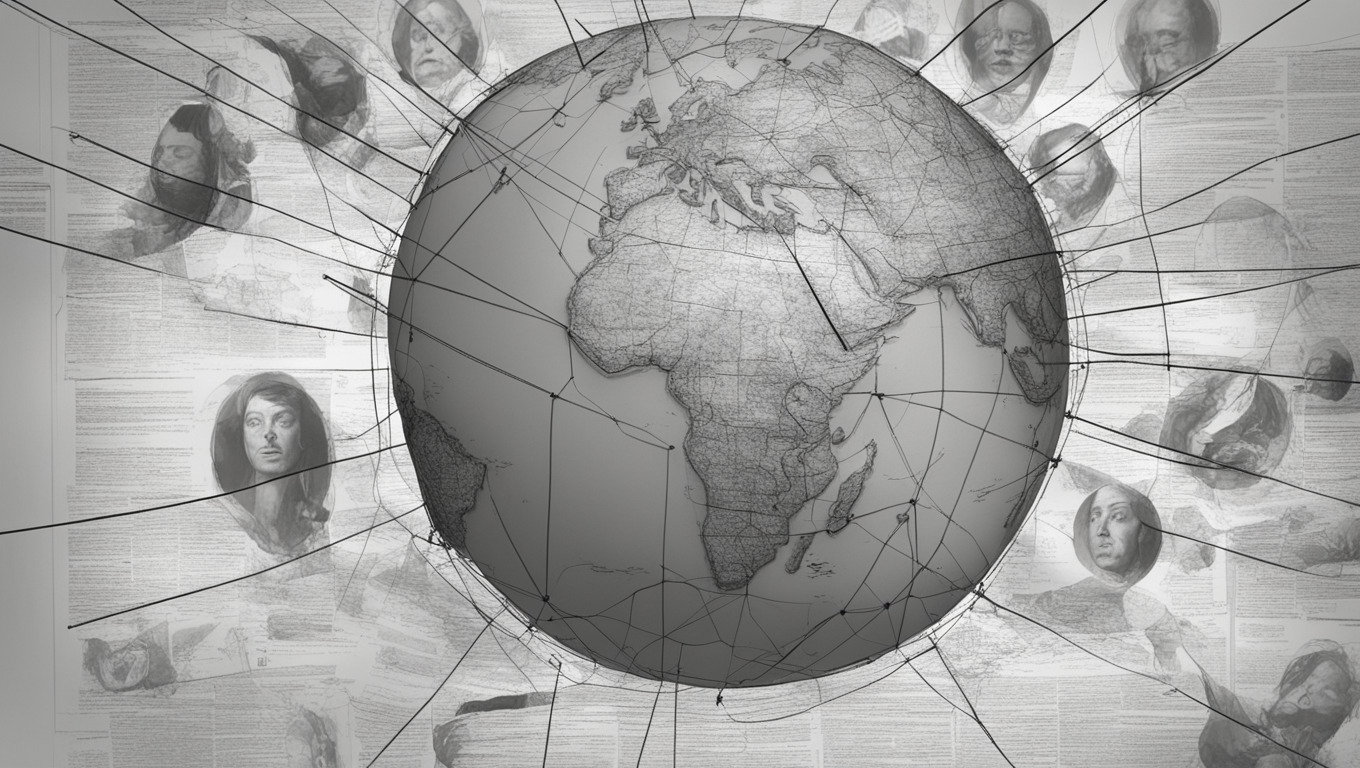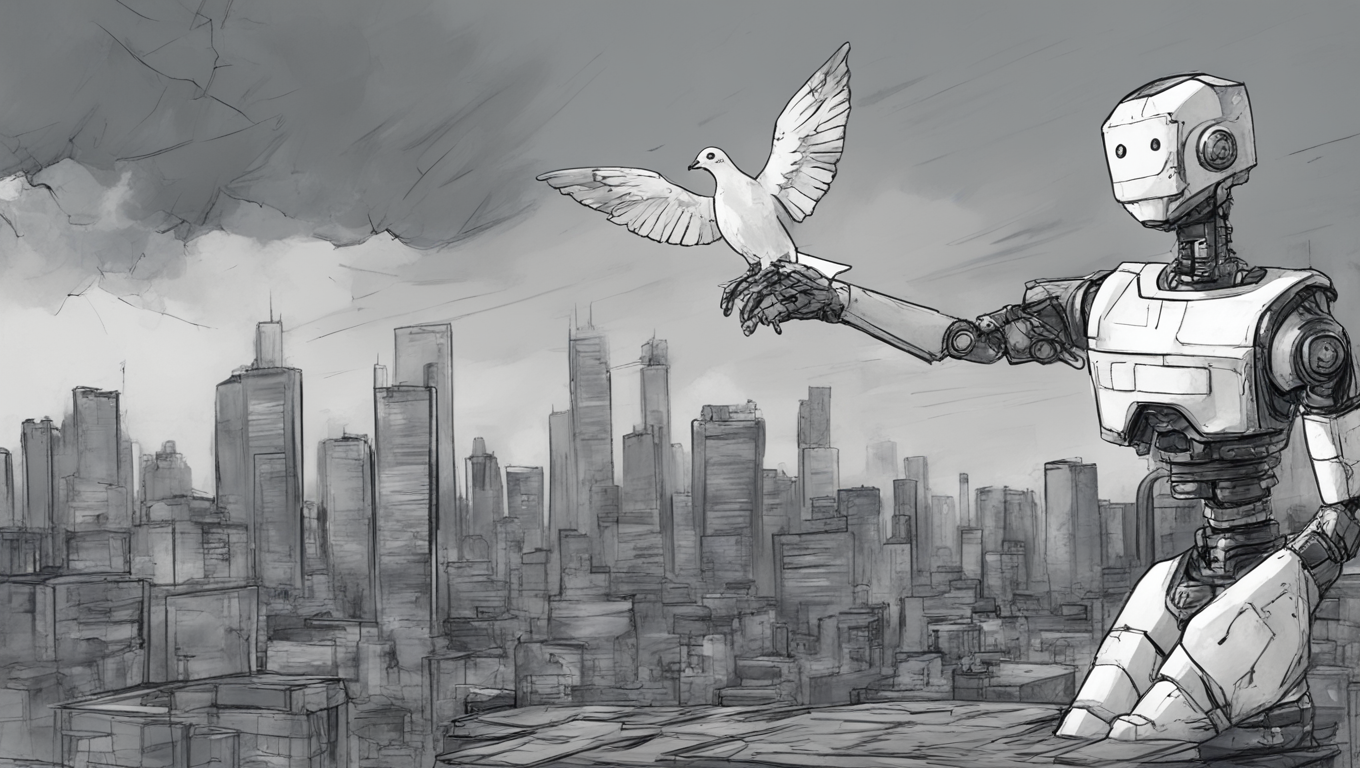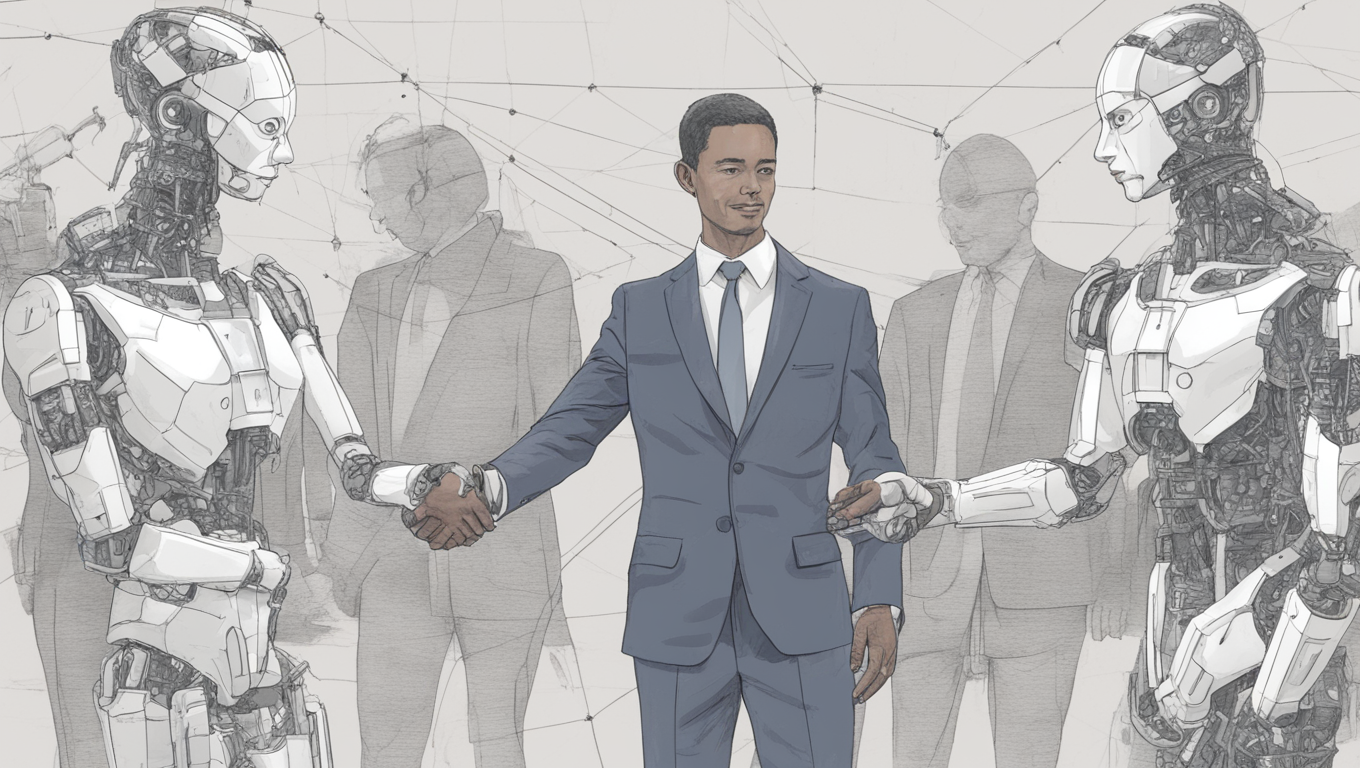Artificial Intelligence and the Threat of Misinformation: A Global Concern
In a recent report, the World Economic Forum (WEF) has highlighted the immediate risk that false and misleading information powered by cutting-edge artificial intelligence (AI) poses to the global economy. The report, titled the Global Risks Report, emphasizes the potential erosion of democracy and the polarization of society as the top concerns stemming from AI-enabled misinformation. This assessment is particularly significant given the rapid advances in technology that have only exacerbated the problem.
The WEF conducted a survey of nearly 1,500 experts, industry leaders, and policymakers to gain insights into the most pressing risks facing the world. The results of the survey informed the report, which was released ahead of the annual elite gathering of CEOs and world leaders in Davos. The report identifies misinformation and disinformation as the most severe risk in the next two years. The authors of the report express concern that the proliferation of generative AI chatbots, like ChatGPT, allows the creation of sophisticated synthetic content that can manipulate large groups of people, irrespective of the possession of specialized skills.
As the world heads into a period of major political events, including elections in countries like the United States, Britain, Indonesia, India, Mexico, and Pakistan, the threat of AI-powered misinformation becomes all the more significant. The report warns of the potential for AI-based deepfakes and the manipulation of public opinion, which could further polarize societies and undermine democratic processes. Carolina Klint, a risk management leader at Marsh, points to the difficulty in verifying facts when faced with the onslaught of false information, further driving societal divisions.
The rise of AI also brings with it a host of other risks, according to Klint. It opens up opportunities for “malicious actors” to carry out cyberattacks more easily. Automated phishing attempts and the creation of advanced malware become increasingly accessible with the power of AI. Klint also highlights the danger of poisoning data used to train other AI systems, as it can embed biases into these models, making them difficult to reverse.
The report does not only focus on AI-related risks but also sheds light on another critical global concern: climate change. Extreme weather events, including those exacerbated by climate change, are identified as the second-most-pressing short-term risk. In the long term, extreme weather is considered the highest threat, followed by critical changes to Earth systems, biodiversity loss, ecosystem collapse, and natural resource shortages. The report warns that without intervention, irreversible climate change tipping points could be reached within the next decade.
The intersection of AI and misinformation poses a significant challenge for society, and urgent action is needed to address these risks. In light of the report’s findings, the upcoming Davos meetings are expected to prioritize discussions on AI and its impact. The attendance of prominent figures such as OpenAI CEO Sam Altman, Microsoft CEO Satya Nadella, and Meta’s chief AI scientist, Yann LeCun, underscores the gravity of the issue.
In conclusion, the emergence of AI-powered misinformation and disinformation has become a global economic threat. The World Economic Forum’s report highlights the potential erosion of democracy and the polarization of societies as immediate concerns. The influence of AI on cyberattacks and the embedding of biases into AI models compound these risks. The report also emphasizes the pressing need to address climate change. As the world faces these challenges, it becomes increasingly crucial for leaders to prioritize the development of strategies and solutions to mitigate the risks posed by AI-powered misinformation and the long-term consequences of climate change.





Use the share button below if you liked it.